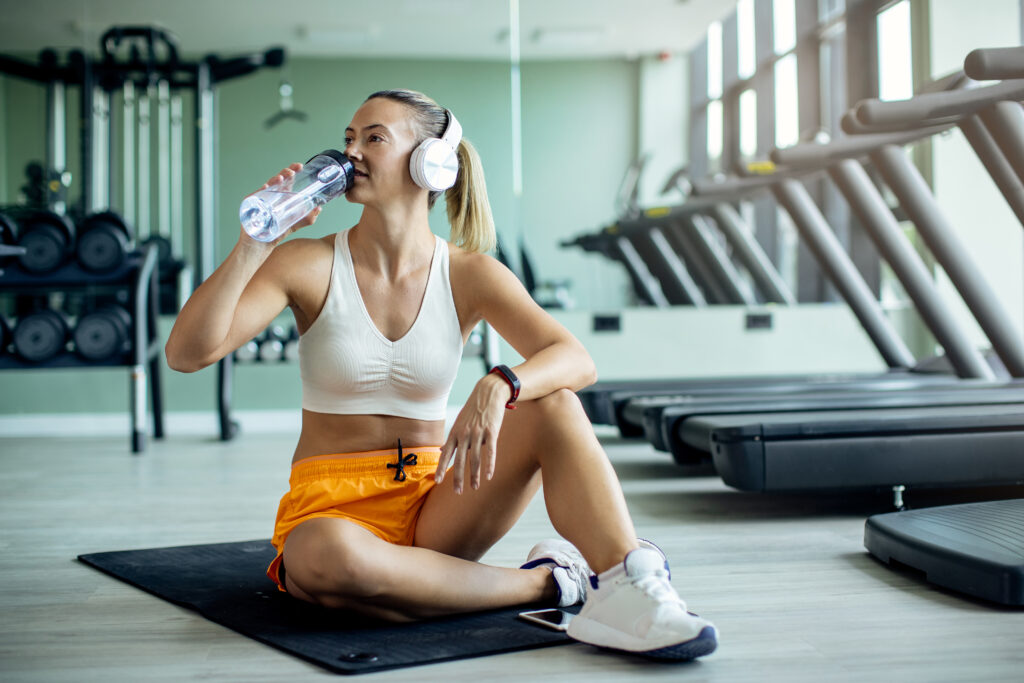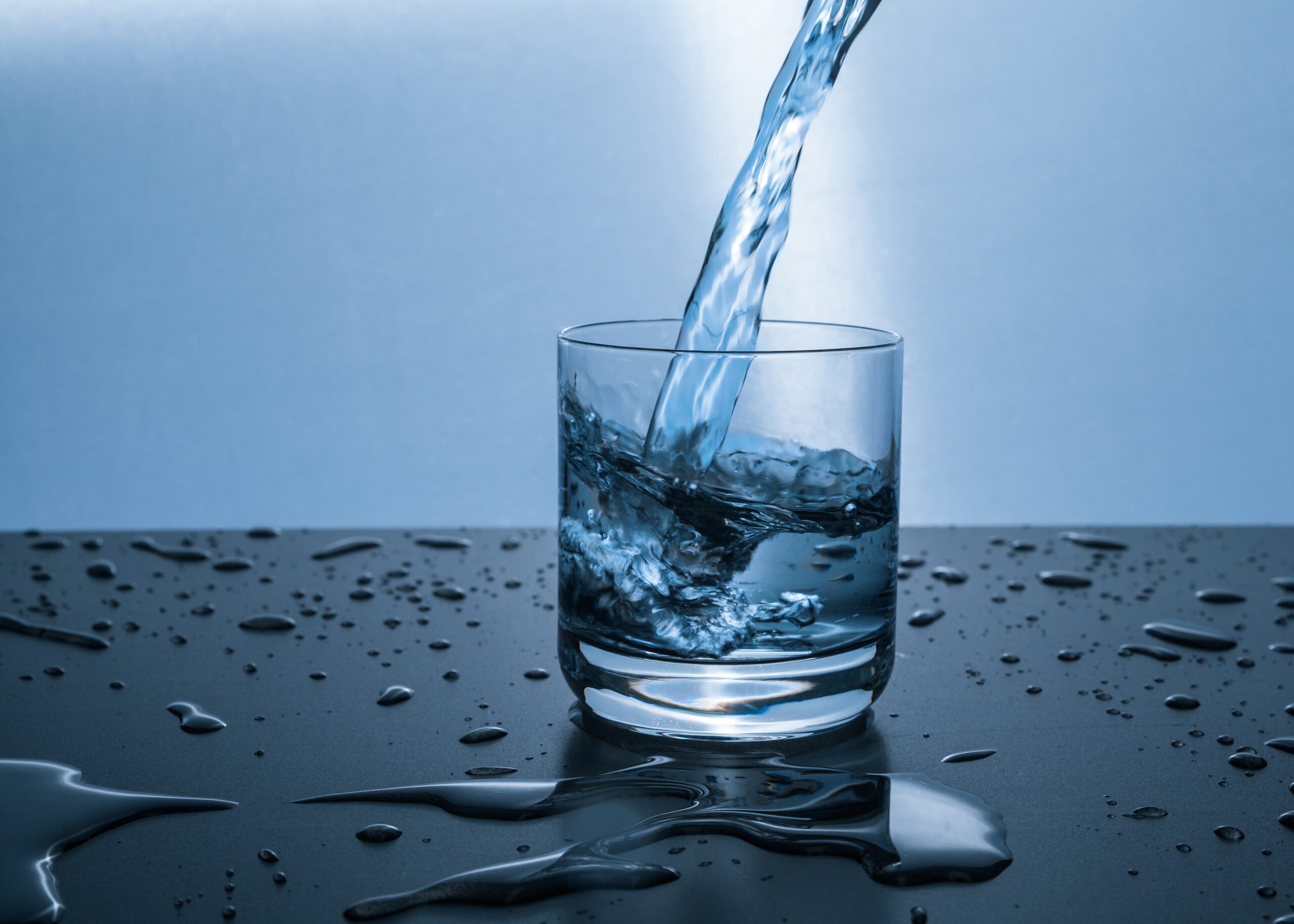If you take part in regular physical activity, then you will no doubt have noticed a difference in performance from day to day. Many factors can impact our ability to perform to our best. For example, you might be dealing with a physical injury that inhibits you from giving 100%. You might have an issue that is distracting you in your personal life. Most commonly, though, you might be dehydrated.
Dehydration is one of the leading causes of performance drop-offs when we exercise. If you are not taking enough water in as you work out, you are going to guarantee a lower performance standard than you would if you drank enough water.
The role of hydration in physical output has been noted by nutrition experts for years. Given that our bodies are around six-tenths water, it should come as no surprise that water is critical to your sporting performance. If you work out or train for any more than one hour per day, you will need water – ideally water with added electrolytes.
The kind of water that you drink matters, too. Quality mineral water, as you can find through Pure Gourmet Water, can go all the way to making sure your sporting performance lives up to your own inner expectations.
Why Does Hydration Matter During Workouts?
 There are many reasons why drinking water regularly will positively impact the quality of your workout. First and foremost, water provides our body with the correct kind of lubrication. Why does that matter? It means you are less likely to reach dangerous body temperature as you work out.
There are many reasons why drinking water regularly will positively impact the quality of your workout. First and foremost, water provides our body with the correct kind of lubrication. Why does that matter? It means you are less likely to reach dangerous body temperature as you work out.
At the same time, though, increased body lubrication ensures that our muscles and joints can move more freely. This also helps with improving the quality of blood circulation that we receive, helping to push those crucial nutrients and minerals throughout our bodies to help us feel better. By increasing blood circulation by drinking water, you make it easier to give each muscle in your body that extra benefit.
Hydration, then, matters a great deal during any typical workout that you might do. Regular and consistent hydration will also help you stay more focused, as when we get dehydrated, we can become unfocused. When we lose focus, we lose consistency in our workout which can make it harder for us to reach the levels that we want to with our personal workouts and our fitness regimes.
One of the most common problems you might find when it comes to working out and being physically active is the consistency element. This is because many of us set out to do our workouts without having a strict pre-workout plan. Creating a schedule that includes taking in a specific amount of water, stretching properly, and ensuring we have enough energy to complete the workout can be very useful.
Regulating Body Weight With Hydration During Workouts
A critical benefit of hydration during physical workouts is the ability to replace lost body weight. As you exercise, you can perspire as much as 2% of your body weight; this will leave you dehydrated and, thus, more likely to suffer from physical and mental fatigue.
Losing more than 2% of your body weight due to exercise can be dangerous to your well-being, so you should focus on improving your hydration for this reason, if nothing else.
Does Staying Hydrated Reduce Injury?
A common issue you can find when you start exercising without proper care for your body is an increased risk of injury. Injuries can happen for all reasons, but staying hydrated helps avoid dreaded ‘muscle fatigue’ – which is one of the leading causes of injury when we exercise.
As such, you should make sure that you focus on staying as hydrated as you can. Hydrating during your workout helps with the above, but it also ensures that you can at least moderate the risk of injury somewhat.
Drinking Water During Your Workout
When working out, it can be easy to feel like you want to drink only a little water, as it might make you feel full or bloated. However, it would help if you were drinking during your workout. Try and pre-drink around 500ml of water for up to an hour or two before you start exercising. As we exercise, the sheer perspiration we go through will ensure that we lose a lot of body water.
If you lose too much water during your exercise, you can become unfocused and lose performance consistency. Therefore, you should be taking regular, small sips of water as you exercise. Between reps or sessions, you should take a quick mouthful of water to keep yourself topped up.
How Much Water Should You Drink Per Day?
 This is a commonly asked question, and the problem is that it is very easy to find a contrasting range of answers out there!
This is a commonly asked question, and the problem is that it is very easy to find a contrasting range of answers out there!
Really, the main volume to look out for would be around 1.5 to 2l of water per day. This will help you to stay hydrated for the day and should give your body enough water to help you avoid dehydration at any point during the day. For days when you are more strenuous in your workout, though, you might need to add another half-litre to a litre of water to your intake. If possible, too, add an electrolyte formula.
The general staple is to aim for 2l of water per day regardless, and then add in another 500ml of water for every hour of exercise that you do. This should give you a good starting point.
In Conclusion
There are a great many benefits to staying hydrated during exercise. Various studies have been carried out on the topic to give you a clear idea that hydration before, during and after exercise is not a fad. It is not a myth. It is a vital, proven aspect of your workout and your fitness.
If you want to get into the best shape and ensure your workouts are as consistent as possible, moderate and manage your water intake. You should feel that balanced water intake makes it easier to build a consistent workout standard that produces the results you were looking for.

